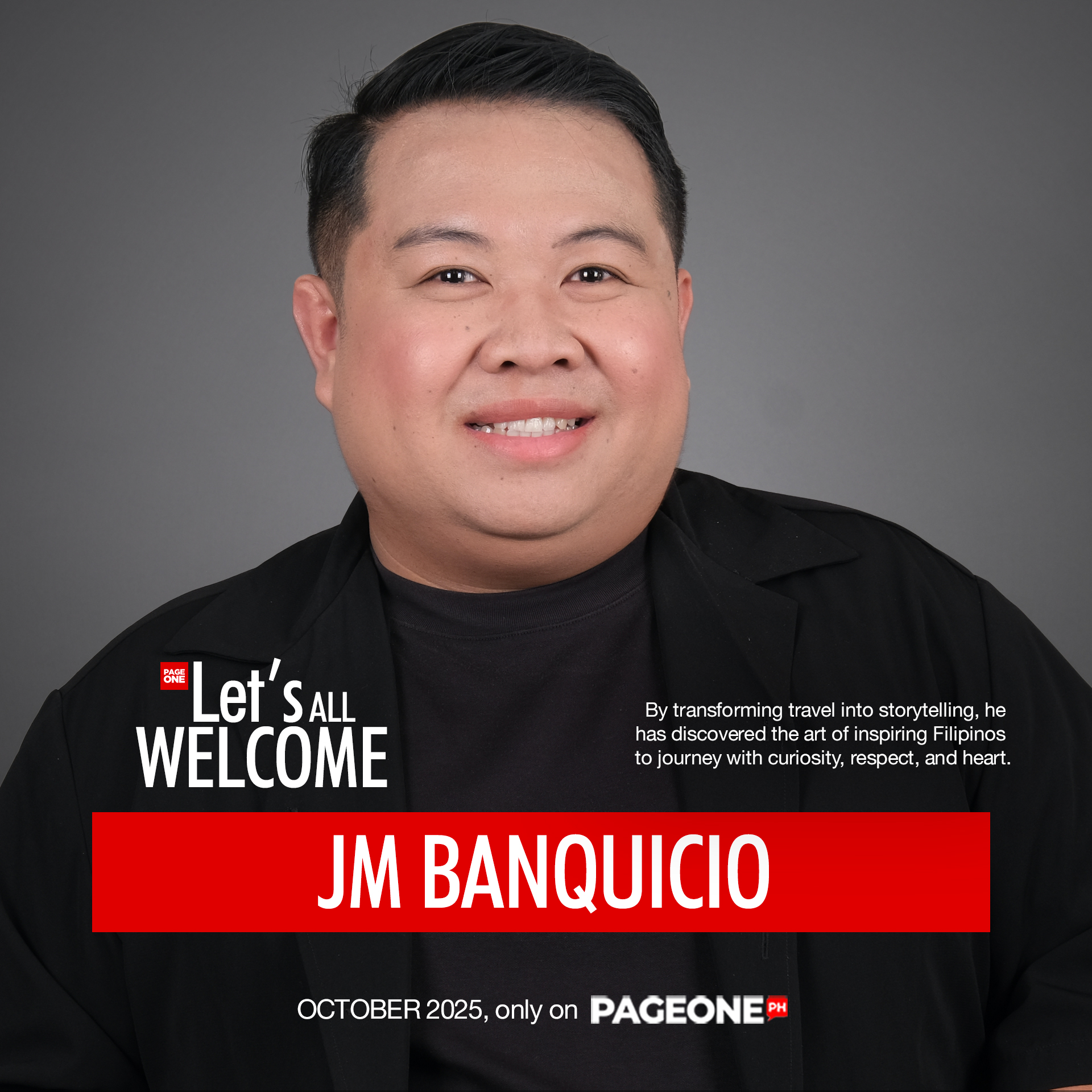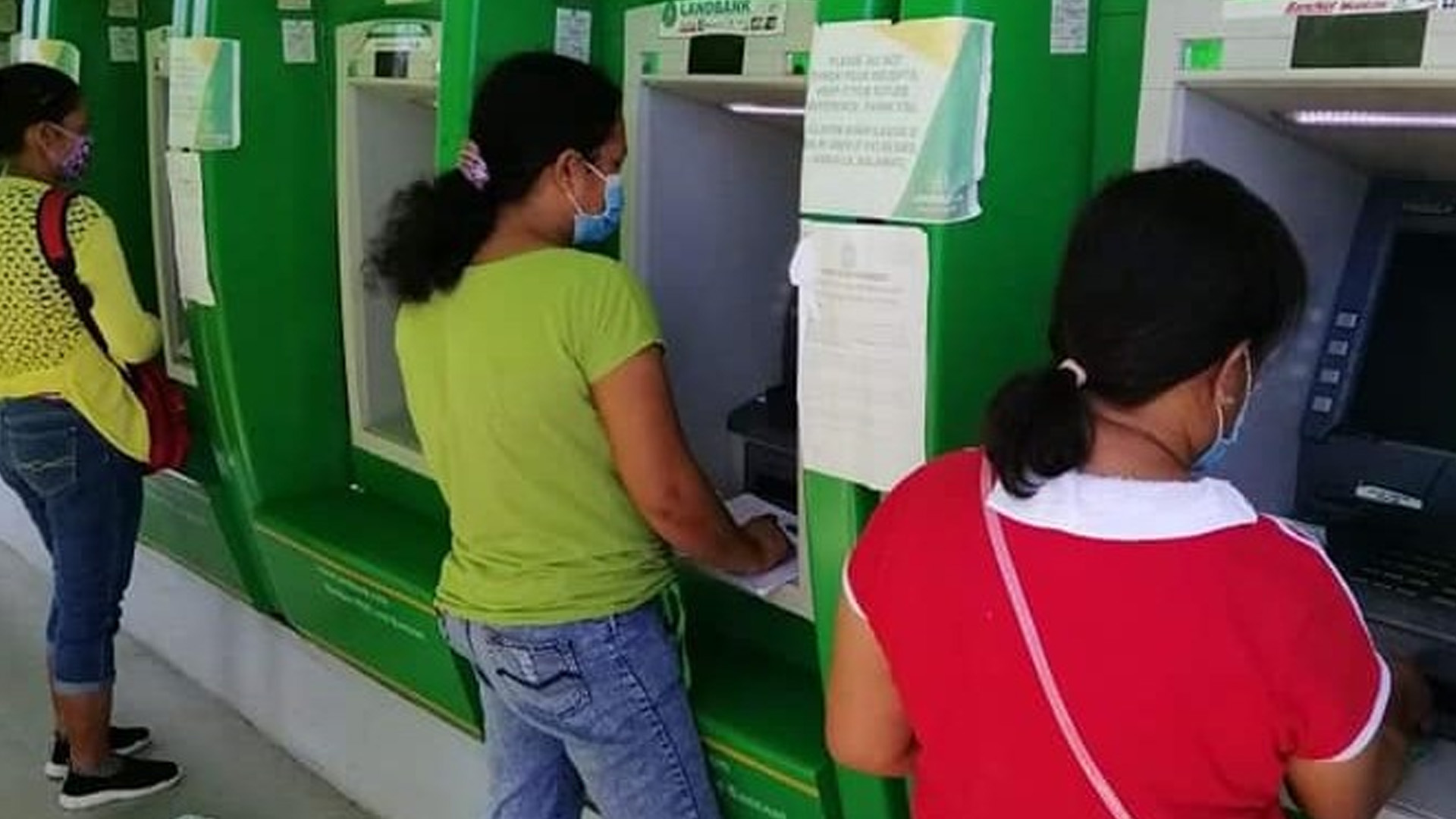A civil society organization (CSO) on Tuesday cited the Pantawid Pamilyang Pilipino Program (4Ps) and the PhilHealth system as models of transparent, rules-based programs that deliver aid to citizens without political interference.
During a Senate Committee on Finance public hearing with CSOs, Roundtable for Inclusive Development (RFID) Co-convenor Adolfo Montesa said these programs are good examples of government assistance that is defined by law and objective criteria, not by political connections.
“Ang 4Ps at Universal Health Care, mga halimbawa ito ng rights-based at rules-based programs. Naka-define kung sino ang qualified beneficiaries kaya nababawasan ang ghost beneficiaries at favoritism (The 4Ps and Universal Health Care are examples of rights-based and rules-based programs. They clearly define who the qualified beneficiaries are, preventing ghost beneficiaries and favoritism),” Montesa said.
Montesa said that, unlike programs dependent on guarantee letters or referrals from lawmakers, 4Ps and PhilHealth provide benefits as a matter of citizen entitlement, ensuring equal access to assistance in education, healthcare and social protection.
He added that strengthening these types of programs would reduce political dependency and promote fairness in the delivery of government services.
“Hindi namin sinasabing alisin ang health o employment assistance. Ang gusto lang namin ay tanggalin ang mga insentibo para magamit ito sa patron-client relationships (We’re not saying to scrap health or employment assistance. We just want to remove incentives that make them tools of political patronage),” he said.
Sen. Sherwin Gatchalian, who presided over the hearing, agreed with the CSO’s position, saying that aid programs must guarantee services as a right, not a favor from politicians.
He cited the Department of Health’s zero-balance billing and the restored PhilHealth subsidy of PHP50–60 billion as mechanisms that strengthen healthcare access based on eligibility rather than influence.
“It pains me to see our constituents lining up at politicians’ offices. Politicians should not have the power to decide who gets help and who doesn’t,” Gatchalian said.
He added that the committee would consider these recommendations in reviewing the 2026 General Appropriations Act, particularly in ensuring that government social programs remain insulated from political control. (PNA)









